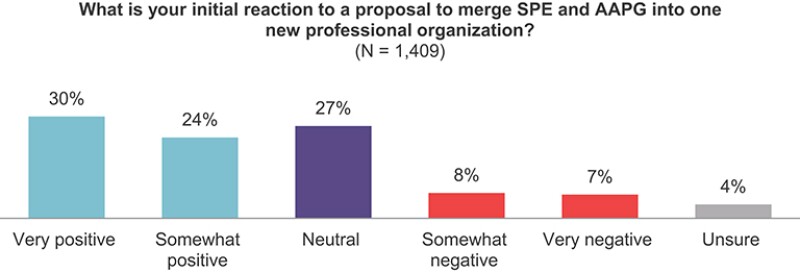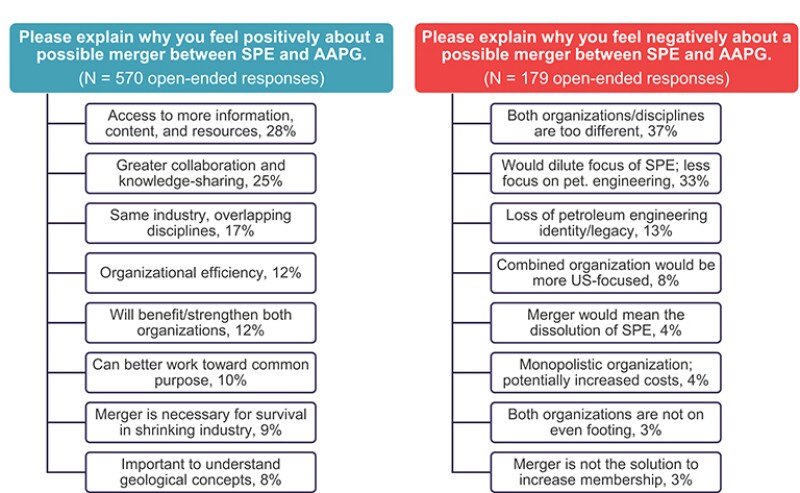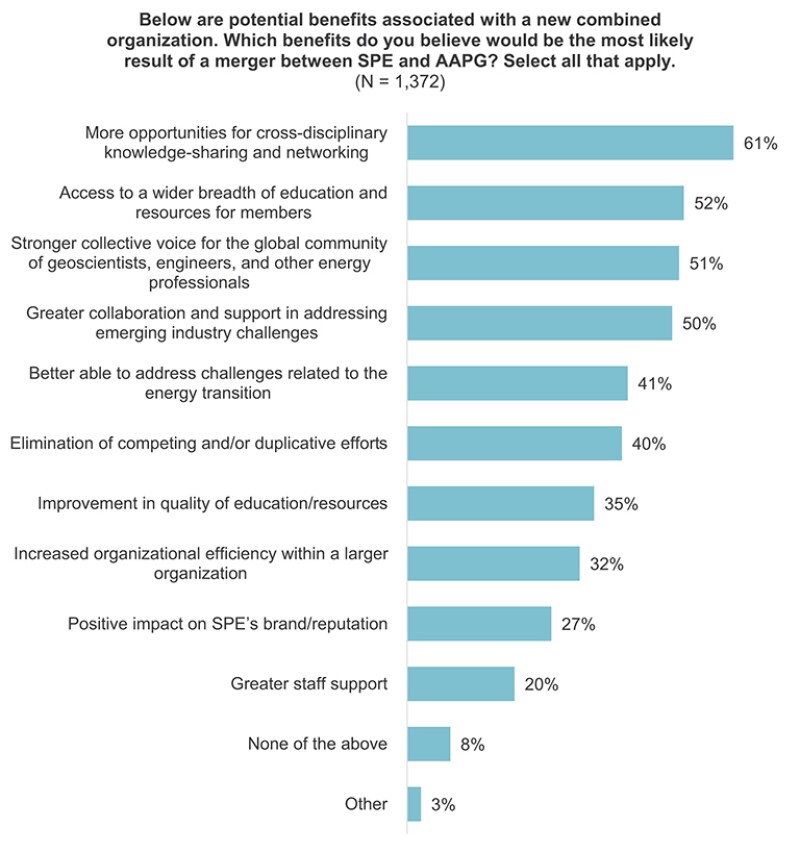Just as the pandemic situation is receding and restrictions to entry in many countries have been lifted, the geopolitics of the invasion of Ukraine by the Russian army has led to nearly historical highs in gas and oil prices. SPE was one of the first global energy-related societies to issue a statement from its leadership on Ukraine. SPE’s leadership condemns the human tragedy unfolding in Ukraine and supports all actions by the international community to prevent further escalation of the conflict. We also encourage all efforts to find a peaceful solution. SPE is providing financial support through our sections in the region to aid with food and humanitarian aid, and the evacuation of our Ukraine-based members and their families.
The worldwide spare capacity in oil production (mostly limited to Middle Eastern countries such as Saudi Arabia, UAE, and Iraq) is so low that it would be insufficient to prevent oil prices from skyrocketing, should further restrictions be imposed on Russia’s oil exports. The upstream underinvestment resulting from two downcycles in 2015 and 2020 has strongly impacted both production capacity and record-low reserve discoveries. Higher energy prices are leading to global inflation and to an economic slowdown, a macroeconomic phenomenon called stagflation.
In this context, 2022 had a strong start for SPE, with the International Petroleum Technology Conference (IPTC) being held in Riyadh, Saudi Arabia, for the first time (the previous edition was held in Dhahran) with an attendance of more than 13,000. The efforts by the IPTC organizing program and executive committees were exceptional, with an enthusiastic involvement of Saudi young volunteers.
The IPTC Excellence in Project Integration Award was the opportunity to recognize exceptional projects as a showcase of technology, efficiency, collaboration, and sustainability. Such projects make us all feel proud to be part of the oil and gas industry.
Saudi Aramco’s exclusive sponsorship also contributed to the great success of IPTC. The Saudi hosts organized two geological field trips, the first one being “A Visit to Jurassic Succession and Edge of the World.” The second was “The Great Discovery,” one of the world’s most historically significant geological localities—the magnificent outcrop of Dahil Heet which contributed to the discovery of the world’s largest oil deposits.
I was very impressed by the progress made by the city of Riyadh in the promotion of sustainability, including an outstanding public transportation system with six metropolitan lines being developed simultaneously.
In May 2021, the SPE Board of Directors and the AAPG Executive Committee announced that they were exploring the possibility of a merger between the two organizations. The Steering Committee, comprising volunteers, was created to define the conditions for the merger and worked tirelessly to develop a merger plan. SPE’s leadership viewed the idea of a merger, which has been broached many times over the years, as a catalyst for change that our organization needs. We must better position SPE to address declining corporate support and the significant loss of younger members, as well as deal with the changes occurring in our industry.
The plan was to bring the merger to a vote by the members of both societies in March 2022. The AAPG Executive Committee expressed several points of concern and these were subsequently shared with the Steering Committee for assessment. Upon receiving the committee’s responses, the AAPG Executive Committee voted on 11 March not to take the merger to a member vote and to discontinue merger discussions. I am disappointed that members did not have the opportunity to express their opinion through a member vote. Both organizations remain committed to strengthening the collaboration that has spanned more than 4 decades.
To gain input for our efforts, SPE included some questions about the proposed merger in our annual member satisfaction survey in January which was sent to a stratified random sample of members. Overall, members were positive or open to learning more about the merger and its rationale. The members’ responses identified many of the areas that we were trying to address through the merger. I want to share some of their feedback with you (Figs. 1–3).



SPE’s leadership viewed the potential merger as a catalyst for change. Without the merger, SPE still needs to determine how we can attract and retain younger members, prepare our organization and members for the energy transition, preserve corporate support for our activities (even as companies are transforming into energy companies), and build a vibrant, thriving society for the next century.
To help SPE determine the right path forward, the SPE Board of Directors will be kicking off the development of a new strategic plan for the organization at its meeting in July. Retaining the status quo will get us where we’ve always been; we must map out a new path forward.
We know better than most that petroleum will be a key part of the energy mix beyond 2050 and that as transportation use of petroleum declines, its role as a raw material in a wide range of consumer and industrial products ensures a long-lasting demand for the products we produce. But we also must reflect the realities of the public view of our industry and the ongoing energy transition.
I believe that our industry has much to offer the world and that SPE can adapt and thrive even as the energy transition continues. We need to set a new strategic direction for SPE that will move us forward and address the challenges that lie ahead. I look forward to keeping you informed throughout the process.
As always, I welcome your feedback at president@spe.org.


